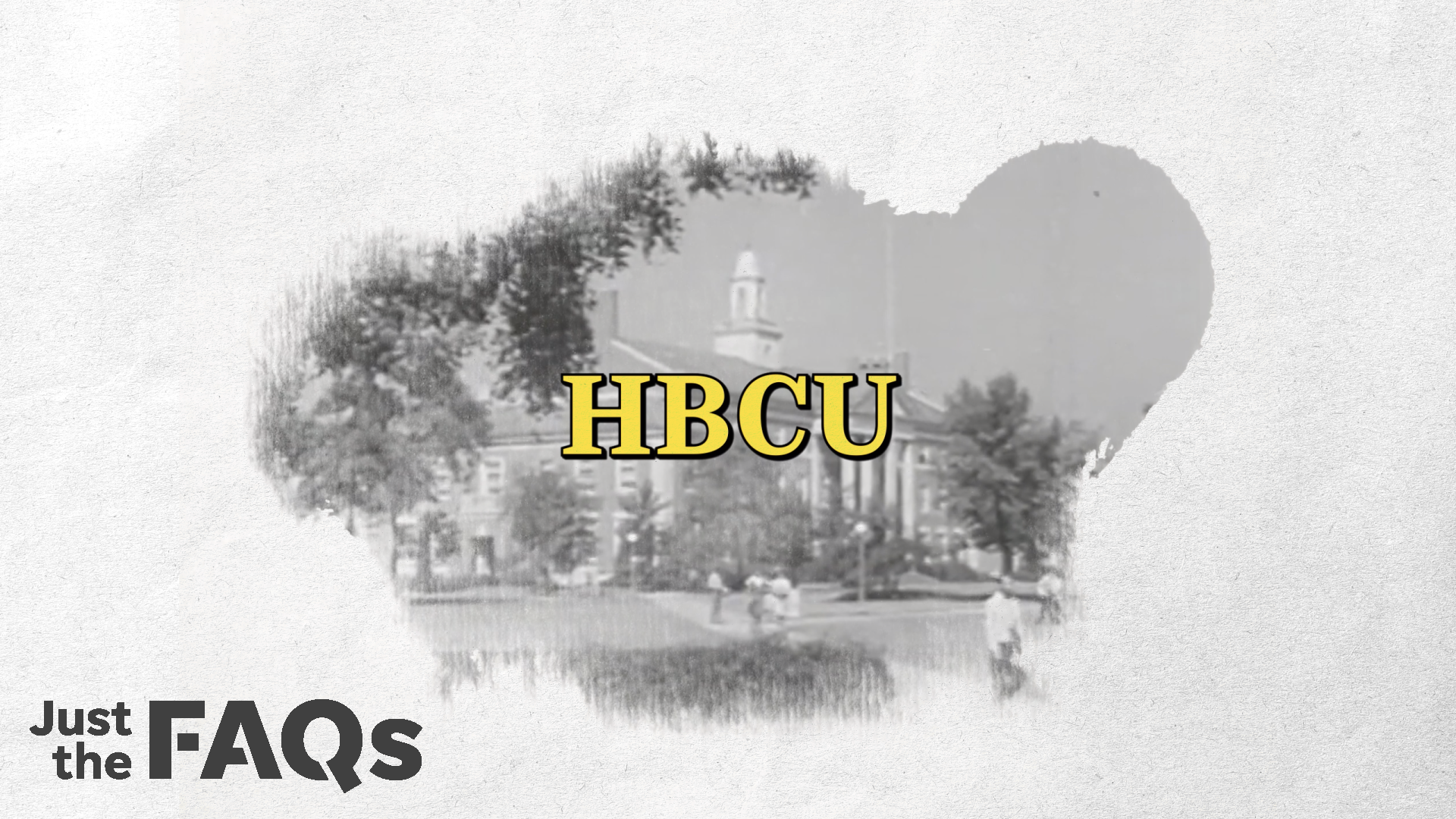'We have to remain vigilant': HBCU leaders ask Congress for help against bomb threats
WASHINGTON – Leaders from historically Black colleges and universities called on Congress Thursday to step up efforts to improve safety on their campuses and protect against a recent rash of bomb threats.
“We have to remain vigilant,’’ Thomas K. Hudson, president of Jackson State University, a historically Black college in Jackson, Mississippi, told lawmakers. “We must always be proactive.”
“Enough of these threats have become real… We always have to take them seriously,” he said.
Hudson testified before the House Homeland Security Committee, which held a hearing Thursday on recent threats against Black institutions, including historically Black colleges and churches. Earlier Thursday, the House Committee on Oversight and Reform held a hearing on how the federal government can address the bomb threats against HBCUs.
“Racially motivated threats and violence against Black churches and schools are attacks on these institutions, but also on our American way of life,’’ said Rep. Bennie Thompson, D-Miss., chairman of the House Homeland Security Committee. “Our response must be swift and serious.”
Thompson called it “unconscionable” that students and worshippers “would have to fear for their lives.”
The hearings come on the heels of a plan announced Wednesday by the White House to give grants to enhance safety measures to historically Black colleges and universities that experienced significant disruptions caused by the threats.
“Every American should be able to learn, work, worship and gather without fear,’’ Vice President Kamala Harris, a graduate of Howard University, an HBCU in Washington, D.C., said Wednesday. “It is our duty to do everything we can to protect all our communities. A harm against any one of our communities is a harm against all of us.”
Since the start of the year, more than three dozen HBCUs have experienced bomb threats. Many threats happened on Feb. 1, the start of Black History Month.
The threats led some school officials to cancel classes, lock down dorms and evacuate campuses. Students testified that they were fearful and anxious.
There are more than 100 HBCUs in states across the country, mostly in the South.
Thompson said between Jan. 4 and Feb. 4, the FBI identified 51 bomb threats, including 28 targeting HBCUs and 12 targeting Black churches.
White House officials have blasted the attacks. Justice Department officials said investigations are underway.
“We will be relentless in our efforts to investigate, disrupt and prosecute hate-filled violence and threats of violence,’’ U.S. Attorney General Merrick Garland said Wednesday.
Grants from the federal Department of Education’s Project School Emergency Response to Violence aim to improve safety at the schools, provide mental health resources and better train officials. The grants range from $50,000 to $150,000 per school.
Democratic and Republican lawmakers condemned the threats Thursday. The House and Senate also passed resolutions condemning the attacks.
More: 'It is scary, it is horrifying': Bomb threats made to more than a dozen HBCUs over 2 days
Student leaders call for help
At Thursday’s Homeland Security hearing, Hudson told lawmakers more funds could be used to provide training for campus police, increase bandwidth, improve infrastructure and assess and monitor threats. Costs could go as high as $2 million over the years, he said.
Many HBCUs are in urban areas making them more vulnerable to attacks, he said. Hudson also called for more support for the long-term protection of staffers, students and schools. HBCUs have been underfunded for years, he said.
Schools should not be “paralyzed” by the threats, said Hudson. “We cannot sit idly by and wait for something to happen to these hallowed places.’’
Janai Nelson, president and director-counsel of the NAACP Legal Defense and Educational Fund, Inc., called the threats part of increased violence against Black people across the country. She said it’s important to prosecute the attacks as hate crimes.
“It’s important that we send a message,’’ she said.
HBCU student leaders, who testified at the Oversight Committee hearing, said students have attended counseling services and sought out mental health days to cope with the threats.
The students said they are committed to banding together
“Our resilience stands as a testament to the fact that no threat, real or fictitious... could ever stand against our legacy, our community and our commitment to supporting each other,’’ said Kylie Burke, president of the Student Association at Howard University.
Emmanuel Ukot, president of the Student Government Association at Xavier University of Louisiana, called for the FBI to find the perpetrators and urged lawmakers to provide funds for schools to improve safety and for other programs.
“Racially charged acts like the bomb threats are not only an attack to our campus, but they are an attack on the ideals and values of HBCUs and their collective mission,” he told lawmakers.
More: FBI says at least 57 institutions, including HBCUs, have received bomb threats in 2022

Long history of attacks on HBCUs
Threats against Black institutions aren’t new.
Historically Black colleges and universities were created in part to provide education for students who weren’t allowed to attend white colleges. They have been the targets of threats, particularly during the civil rights movement during the 1950s and 1960s. Many HBCUs provided safe havens for civil rights activists during that period.
It was at 4 a.m. on Feb. 1 when Hudson got word of a bomb threat at Jackson State University. The school has since adopted more safety measures, including more training for campus police.
“This is not the last time this will happen,’’ he said after the hearing.
Thompson told Paste BN there hasn't been closure to the bomb threats and while incidents have slowed he's worried more could come.
Thompson praised Congress for approving $250 million for a program that awards grants to nonprofit groups to protect against terrorism. He's now asking for $500 million.
Congress can invest more in protecting vulnerable institutions against acts of domestic terrorism, he said. "It used to be theaters, shopping malls, nightclubs, now it's expanded into HBCUs,'' he said.